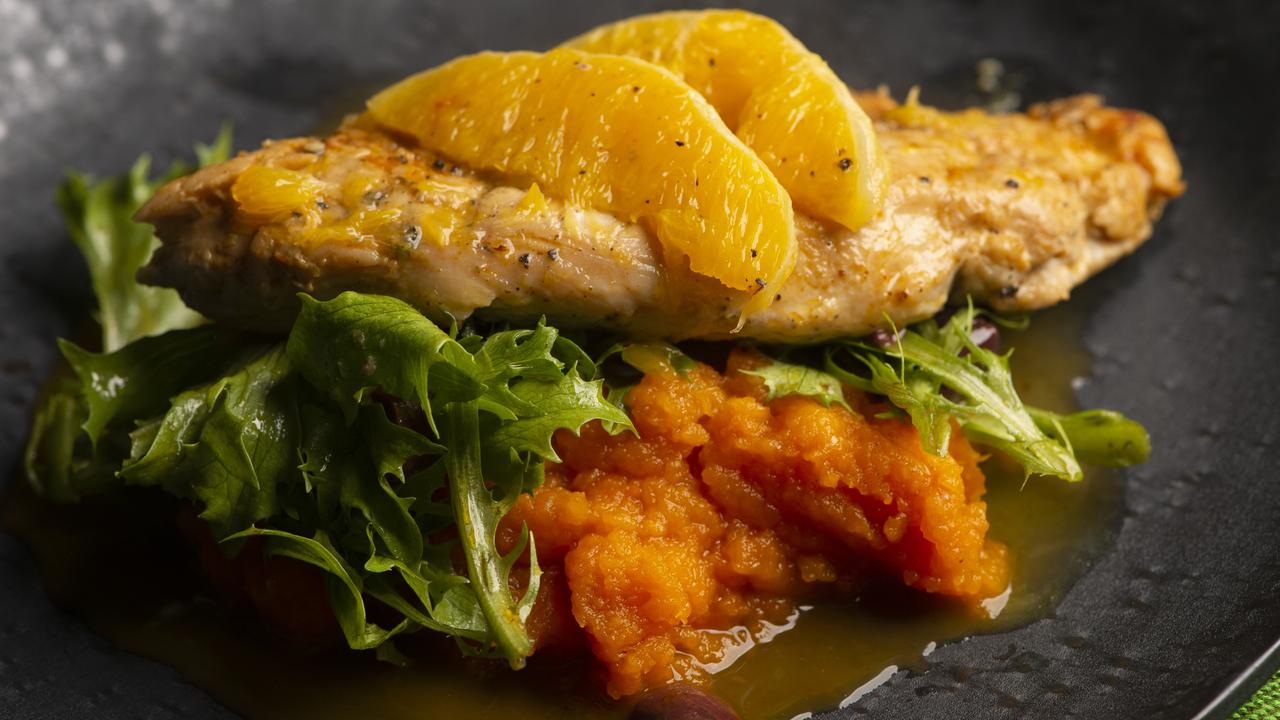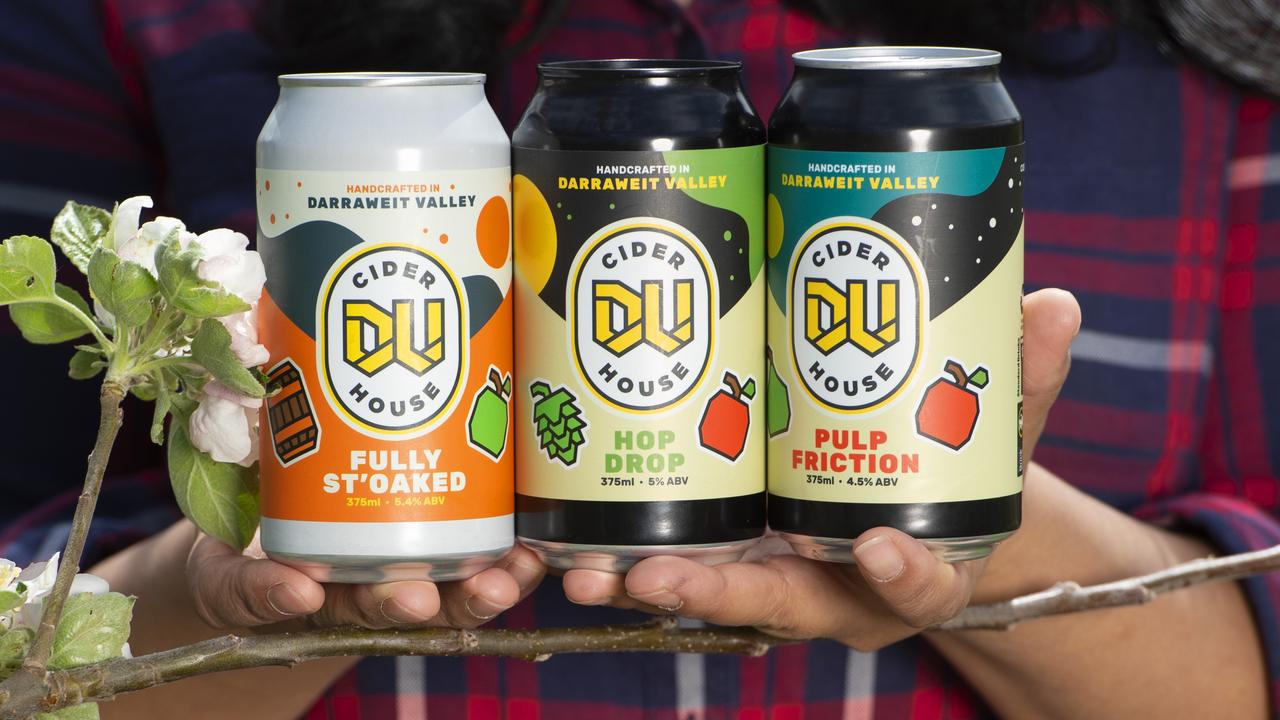Barossa Valley Cheese Company’s Victoria McClurg chose dairy over wine
Wine or cheese? Can a food lover possibly choose? This one did, and built a business on it.

WINE or cheese? Can a food lover possibly choose?
For wine maker turned cheese maker Victoria McClurg, the choice was surprisingly easy.
Victoria, who owns and runs Barossa Valley Cheese Company, was a new oenology graduate working a vintage in France in the late 1990s when she chose cheese.
“At that time the wine industry was very marketing-oriented, glitz and glamour and no real genuine substance, even a little judgmental,” Victoria recalls.
“I was in Normandy eating a baguette with a fresh chunk of goats cheese and I thought isn’t this beautiful.
“In France food is about connecting people and the community, it’s a conduit.
“I find the dairy industry involves real people. Dairy farmers get up every morning to milk, not just every vintage.
“It was the authenticity of the dairy sector that lured me across.”
So six years after graduating from Adelaide University, Victoria was working at Wolf Blass as an assistant wine maker when she transitioned out of the wine industry, taking a risk to build a factory and shop front in the main street of Angaston in 2003.

Barossa Valley Cheese Company now has 17 staff making 25 different cheeses in five styles — fresh, such as their best-selling haloumi, as well as whitemould (brie, camembert), washed rind, semi-hard and specialty. Cow and goat milk is sourced from one farm, processing about 10,000 litres of milk a week, which yields 10-12 per cent cheese.
The company sells nationally through supermarkets, restaurants, online and its cellar door, currently with restricted hours.
Given her background, how does winemaking compare to its cheese cousin? “It’s the same but totally different,” she says.
“The correlation is fermentation. But wine uses yeast where cheese uses bacteria, one converts solids to liquids and the other is opposite.
“The challenge with cheese- making is that we have vintage every day and every vat of milk behaves slightly differently.”
Victoria even ventures to say cheese is a considerably more difficult process than wine.
“If you’ve got a problem with wine during fermentation you have time to work that out — hours or days — whereas with cheese you have minutes to make a decision.
“Cheese is harder, more delicate and if you make a mistake, bad luck, the result is the result, whereas with wine you can cover up a mistake through blending.”

Victoria admits she “loves but hates” cheese making, “which is why I have a team of cheesemakers now”.
The 45-year-old mum of one grew up north of Adelaide, with parents who had migrated from Northern Ireland — and a family farming background — in the 1970s.
She “fell” into winemaking, thinking it would be fun, adding that her change of heart away from wine also came about seeing a monoculture of agriculture.
“Being in France and being in the Barossa, one of the important issues for me is keeping community alive and that happens through a diversity of farming.
“In the 1990s there were a lot of people putting in vineyards and I thought ‘hang on, you are destroying fertile ground used for other sorts of farms’.
“I realised if we rely on one industry as a region we will suffer. You need diversity.”
Victoria ensures she collaborates with surrounding producers, offering events that match cheese with wine, cider, gin, beer, tokay and even tea.
“Our mantra is ‘keeping cultures alive’. There’s a heart warmth you get around like-minded people, chatting over a glass of wine with food, feeling part of a community.
“It’s good for the soul and mental health.”
Before opening her cheese shop, Victoria studied a short course, while her mum, Frances, also helped her establish the business, studying several short courses.
“Mum, at the time, told me there was no way we could do cheese making, it was too difficult.
“In my naivety I thought you don’t need to be super skilled, but passionate.”
She admits the business had a rough start, and is grateful to the Barossa community for supporting the business, buying her first batches that were like “hockey pucks, hard and not a lot of flavour”.
“We’ve definitely improved since then,” she laughs. “I have no regrets in the path I’ve chosen, it’s just that it’s a tough path. There’s a lot of joy from making cheese and that’s how I define success.”
MORE COUNTRY LIVING


